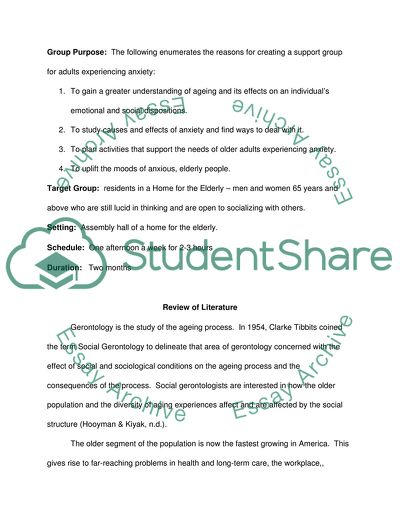Cite this document
(Support Groups for Older Adult Clients Experiencing Anxiety Term Paper, n.d.)
Support Groups for Older Adult Clients Experiencing Anxiety Term Paper. Retrieved from https://studentshare.org/social-science/1743827-support-groups-for-older-adult-clients-experincing-anxiety
Support Groups for Older Adult Clients Experiencing Anxiety Term Paper. Retrieved from https://studentshare.org/social-science/1743827-support-groups-for-older-adult-clients-experincing-anxiety
(Support Groups for Older Adult Clients Experiencing Anxiety Term Paper)
Support Groups for Older Adult Clients Experiencing Anxiety Term Paper. https://studentshare.org/social-science/1743827-support-groups-for-older-adult-clients-experincing-anxiety.
Support Groups for Older Adult Clients Experiencing Anxiety Term Paper. https://studentshare.org/social-science/1743827-support-groups-for-older-adult-clients-experincing-anxiety.
“Support Groups for Older Adult Clients Experiencing Anxiety Term Paper”, n.d. https://studentshare.org/social-science/1743827-support-groups-for-older-adult-clients-experincing-anxiety.


